
When analyzing the importance of different industries to an economy, the healthcare industry is consistently ranked towards the top. It oversees the population’s health and happiness and is crucial to the socio-economic advancement of a nation. Additionally, the healthcare industry is one of the most excellent employers and a significant contributor to the GDP of numerous nations.
What is platformization in healthcare?
There are numerous other potential benefits of platformization in healthcare, including:
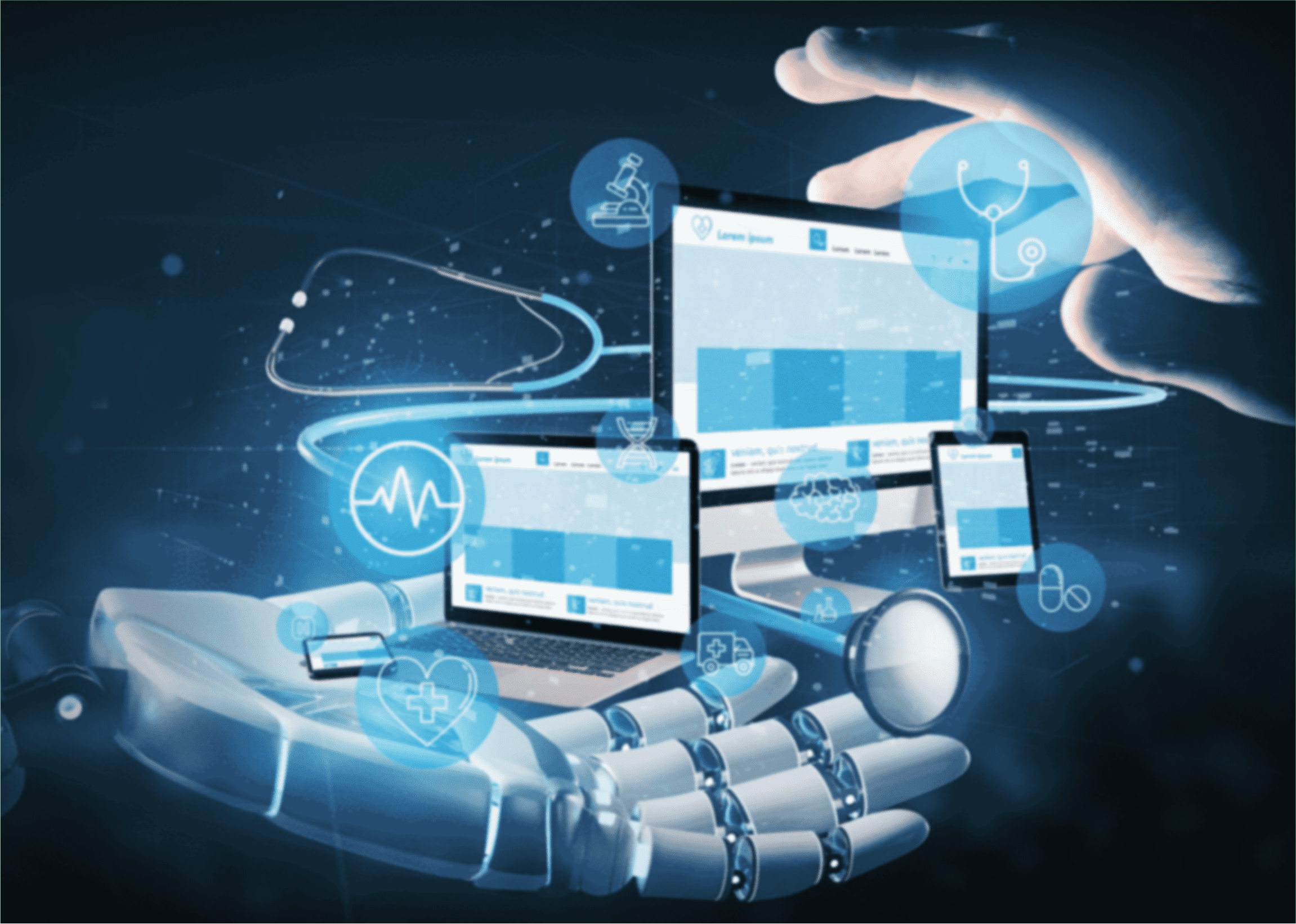
Platformization in healthcare refers to the use of technology platforms to bring together different stakeholders in the healthcare ecosystem. Patients, providers, payers, and others are all included. The ultimate objective is to build a system that is more effective, coordinated, and cost-effective.
The concept of platformization in the healthcare industry is still in its early stages, but it has the potential to revolutionize the way that patients receive care. These platforms will become more and more integral to the healthcare system as more and more stakeholders use them.
What are the benefits of platformization?

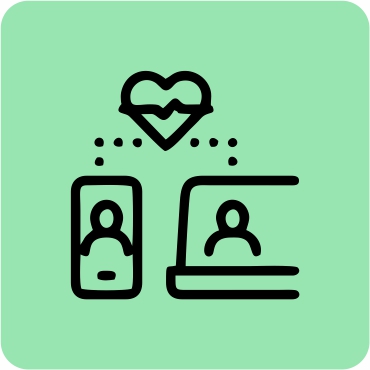
Improved communication
One of the most important aspects of platformization is the ability to connect different types of devices and systems. In the healthcare sector, this can be used to connect different parts of the hospital, from the patient records system to the X-ray machine. This can help to improve communication and coordination between different departments, and ultimately lead to better patient care.
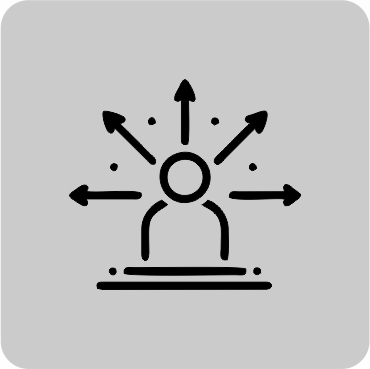
Better decision-making
Another benefit of platformization is the ability to collect and analyze data. In the healthcare sector, this data can be used to track different treatment outcomes and identify areas where improvements can be made. This can help to make the healthcare system more efficient and effective and ultimately lead to better patient care. Additionally, platforms can provide a single, integrated view of patient data, which can help clinicians make better-informed decisions.
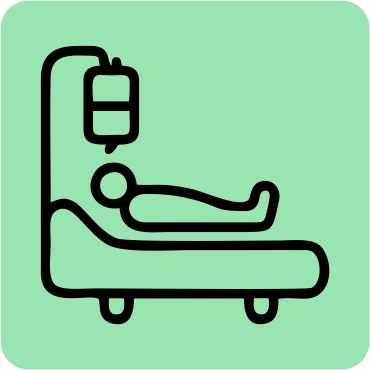
Improved Patient Engagement
Platformization can improve patient engagement in several ways. Firstly, it can provide patients with a more seamless and convenient experience by allowing them to access their health care data and tools from a single platform. Further, it can enable better communication and collaboration between patients and their care team by providing a shared space for information exchange. It can also empower patients to take a more active role in their care by giving them access to real-time data and analytics.
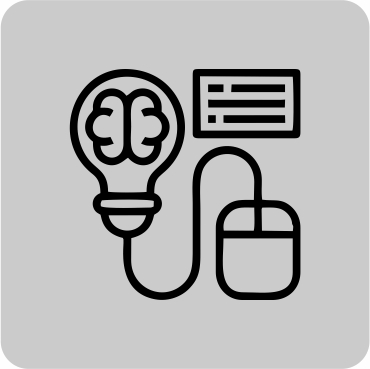
Greater innovation
Platformization can foster innovation by making it easier for developers to create new applications and services. It has the potential to drive greater innovation in healthcare by enabling new business models and service offerings that were not possible before. For example, by integrating data from patients, providers, and payers, a platform could provide real-time insights into the effectiveness of treatments and help identify areas for improvement.
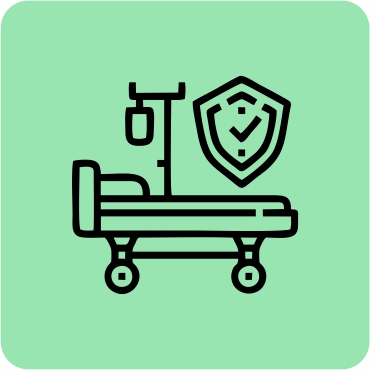
Enhanced Security
Platformization can also help to improve security. By standardizing data formats and security protocols, platforms can help improve the security of healthcare information. In the healthcare sector, this can be used to secure patient data, and to protect sensitive information from being accessed by unauthorized individuals. This can help to safeguard the privacy of patients, and to ensure that only authorized personnel have access to critical information.
How is the platformization approach better than traditional pipelines?
There are several reasons why platforms are better than pipelines in healthcare and are being preferred by several businesses that are thinking ahead.

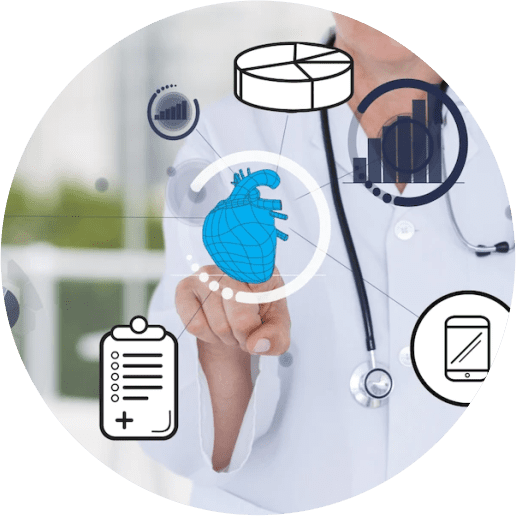
1.
Platforms offer a more flexible and customizable way to deliver care. This means that they can be tailored to the specific needs of each patient, rather than being restricted by the one-size-fits-all approach of pipelines.

2.
Platforms provide a more efficient way to coordinate care. By connecting all of the different stakeholders in the healthcare system (e.g. doctors, nurses, hospitals, insurers, etc.), platforms can help to ensure that everyone is on the same page and working towards the same goal. This can help to avoid duplication of effort and wasted resources.

3.
Platforms offer a more patient-centered approach to care. Rather than being focused on the delivery of specific treatments, platforms are focused on the needs of the patient. This means that platforms are better equipped to provide the personalized care that patients need and deserve.



0 Comments